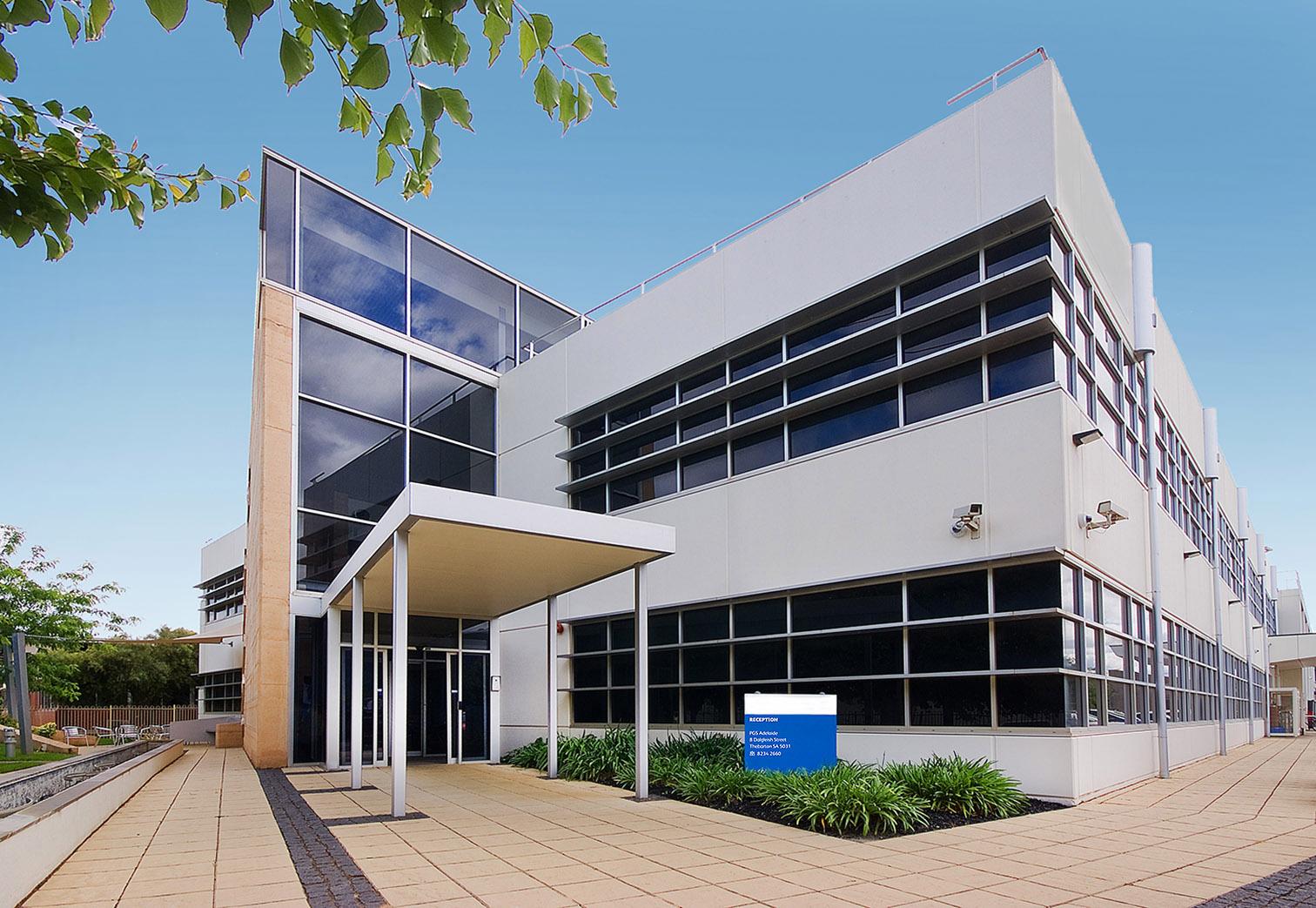South Australia ready to lead COVID-19 vaccine production
South Australia is uniquely placed to play a vital role in expediting the nation’s COVID-19 vaccine rollout.
The state has the capability to produce mRNA vaccines, similar to the Pfizer vaccine against COVID-19, within 12 months at a local advanced manufacturing facility. The initiative would be driven by international biotech company BioCina, leveraging the complementary research, technological and clinical trials expertise of the University of Adelaide and SAHMRI.
BioCina CEO Ian Wisenberg says the university and medical research institute’s strengths were a key factor in his company’s recent decision to purchase Pfizer’s biologics manufacturing plant at Thebarton.
“The facility itself is a gem and the people make it shine,” Mr Wisenberg said.
“Research and talent are key to the success of our industry and here we have them right on our doorstep. Many of our colleagues were educated at the University.
“The 4600m2 plant was founded by the University of Adelaide and under the stewardship of Pfizer and Hospira has more than 35 years‘ experience with microbial fermentation. It is the most advanced facility of its kind in Australia and the only one approved by the US-FDA.”

Microbial fermentation produces plasmid DNA, which is a critical component in a range of modern gene therapies including mRNA vaccines.
Mr Wisenberg says between BioCina, the University of Adelaide and SAHMRI, South Australia has all the elements needed to begin production of mRNA vaccine components in the short term.
“We have a state-of-the-art facility that, with reasonable financial support from government to add key capabilities and expand capacity, can within months be producing key ‘ingredients’ of mRNA COVID-19 vaccines to address the current global shortage,” Mr Wisenberg said.
“Within 12 months we will produce end-to-end mRNA vaccines, like the Pfizer jab, giving Australia sovereignty over its supply.”
The University of Adelaide’s Deputy Vice-Chancellor (Research), Professor Anton Middelberg – an international authority on vaccine biomanufacture – says this opportunity has come about in no small part because of his institution’s focused investment in biomanufacturing research.
“We identified some time ago that Australia was lacking biomanufacturing expertise and infrastructure,” Professor Middelberg said.
“Because of that foresight, South Australia now has the technology and highly-skilled workforce needed in this area. Now, with the relevant global value and supply chains provided by BioCina and the research and clinical trials expertise of its institutions, South Australia should expect to play a significant role in accelerating Australia’s COVID-19 vaccination program.
“New vaccines must be made to the highest standards and quickly, using new paradigms. The University’s research in continuous bioprocessing, formulation for vaccine stability and machine learning will assist BioCina to stay at the cutting edge.”
While mRNA has gained public recognition because of COVID-19 vaccines, SAHMRI Executive Director Professor Steve Wesselingh, an infectious diseases specialist, says the technology is a game-changer for existing diseases, including some which have no current treatment, or new diseases that might arise in the future.
“These vaccines aren’t created from the virus itself so can be made more rapidly and can also be altered more quickly in response to mutant strains of a virus,” he said.
“At the moment, mRNA technology is being accelerated mainly in relation to vaccines, but its potential applications are far broader. There’s potential to revolutionise personalised cancer treatments, to develop new RNA-based drugs for a variety of diseases and other possibilities science is yet to even consider.
“SAHMRI is ready to engage our globally-recognised health research programs and international clinical trials capacity to realise this potential.”
South Australia’s Chief Scientist, Professor Caroline McMillen, has strongly endorsed SA’s readiness to lead the nation’s microbial technology expansion.
“The University of Adelaide has been a national leader in microbial biomanufacture for three decades and the work SAHMRI has done since opening its doors less than a decade ago will help direct that expertise and capacity to mRNA,” she said.
“With BioCina now providing its manufacturing capabilities and international networks, this is a moment in time we all need to take advantage of.”
BioCina is a wholly owned subsidiary of Bridgewest Australia Holdings. The Bridgewest Group has significant assets under management across the pharmaceutical and biotech sectors as well as high-tech and wireless technology, real estate, banking and capital markets.

